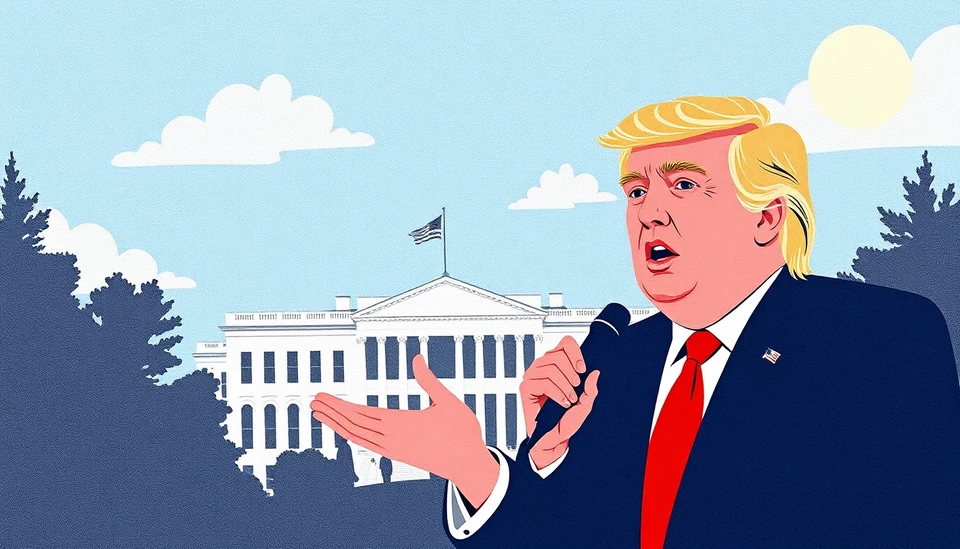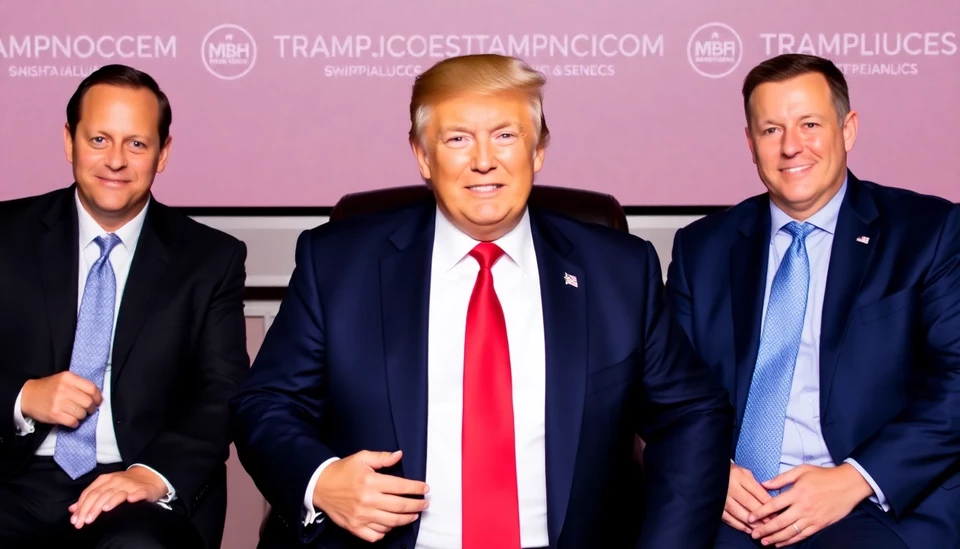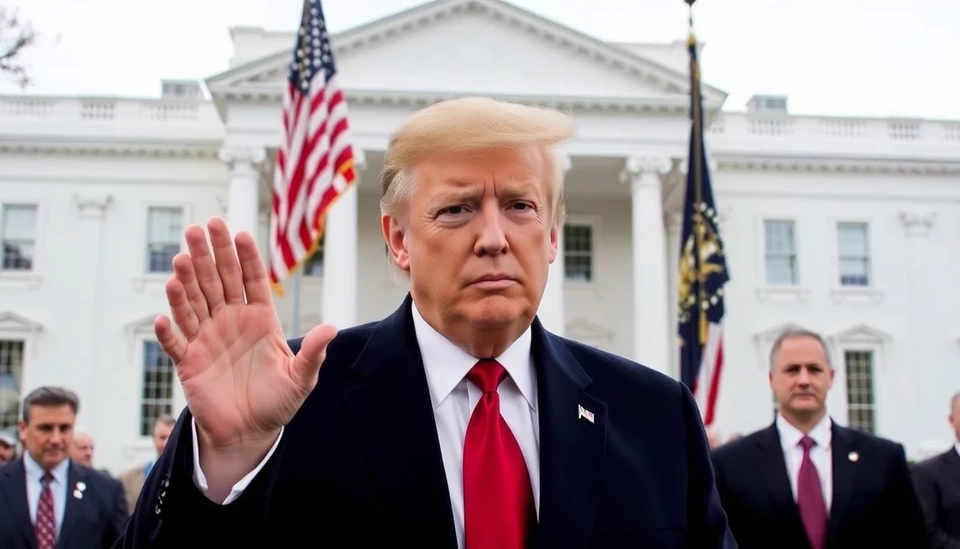
In a recent development reflecting the ongoing tensions within political communications, former President Donald Trump’s social media platform, Truth Social, has been making headlines due to its controversial late-night posts that have begun to dominate the economic discourse. These late-night calls, often rife with hyperbole and aimed at stirring public sentiment, are beginning to influence the narrative economists once maintained under more traditional communicative platforms.
Economists, who have historically been seen as neutral analysts in the political arena, now find themselves grappling with the implications of these rapid-fire social media updates. The shift is significant; economists are reporting increased pressure to publicly respond to Trump’s statements, particularly when those assertions pertain to economic policies and forecasts. As the former president utilizes Truth Social to push his economic agenda, often characterized by his distinctive rhetoric, the analytical community faces a dilemma regarding how to engage with or counter these declarations.
The timing of these posts raises questions about the integrity of economic predictions. Late-night announcements could influence market sentiment by creating ripples of uncertainty among investors and stakeholders. Particularly during periods of economic recovery, any perceived destabilization can lead to pronounced market reactions. Observers note that with Trump’s history of influencing stock prices and consumer confidence, the provocative nature of his social media messages may complicate the usual metrics utilized by economists.
As a result, the relationship between politicians and economists is evolving in a manner that underscores the blending of social media and economic forecasting. Analysts are now compelled to consider the socio-political influences intertwined with their economic models. The emergence of platforms like Truth Social highlights the necessity for these professionals to be adaptable and responsive, as their traditional methods of analysis may no longer fully apply in a landscape dominated by immediacy and sensationalism.
The broader implications of this shift go beyond just the immediate economic forecasts and into how public discourse around economics is shaped. The authenticity and reliability of economic data may increasingly come under scrutiny, as messages from Truth Social and similar platforms could continue to shape public perceptions and behaviors decisively. Economists are thus faced with the dual challenge of maintaining their credibility while addressing the impact of these evolving communication strategies.
As the 2024 presidential elections draw nearer, the role of social media in shaping economic narratives is expected to grow even more pronounced. Experts will require strategies that leverage both traditional economic analysis and an understanding of social media dynamics to effectively communicate during this politically charged environment. It elucidates a critical turning point where the traditional boundaries of economic communication are becoming increasingly blurred.
In conclusion, the rise of Truth Social as a platform for late-night calls and its seamless integration into the economic discourse indicates a profound shift in how economists must operate in this evolving landscape. As communication methods evolve, so too must the strategies employed by those tasked with interpreting and analyzing the economy.
#TruthSocial #DonaldTrump #Economists #PoliticalCommunication #EconomicForecasting #SocialMediaImpact #2024Elections #MarketSentiment
Author: Rachel Greene

